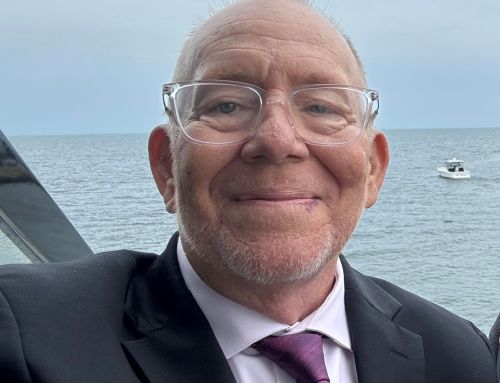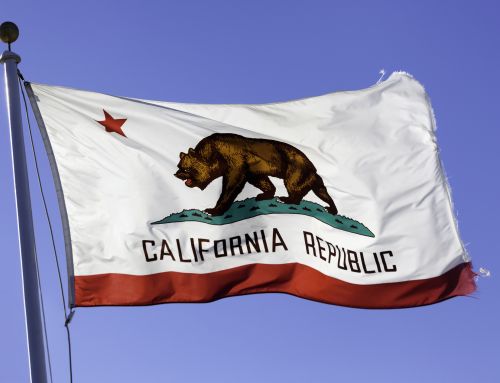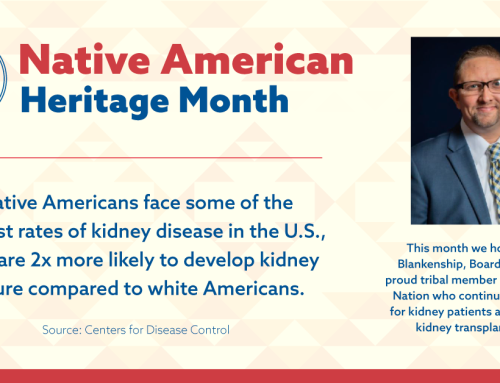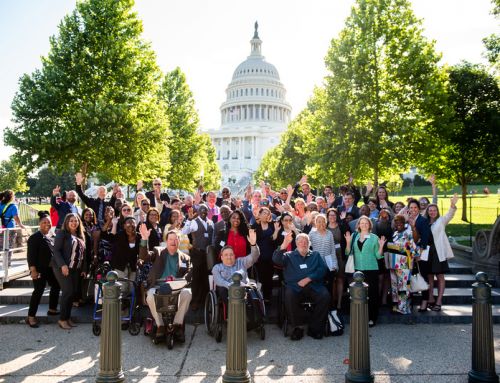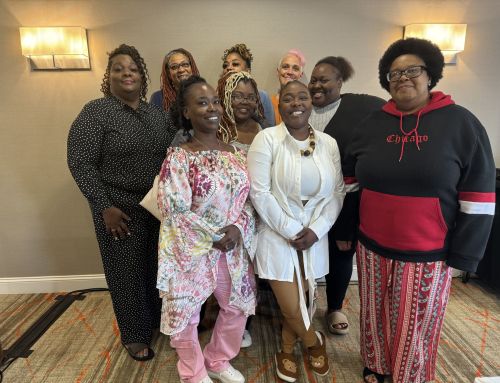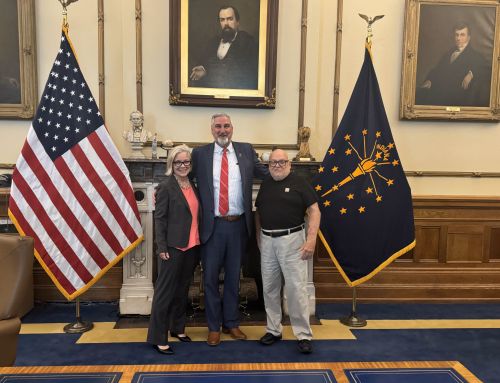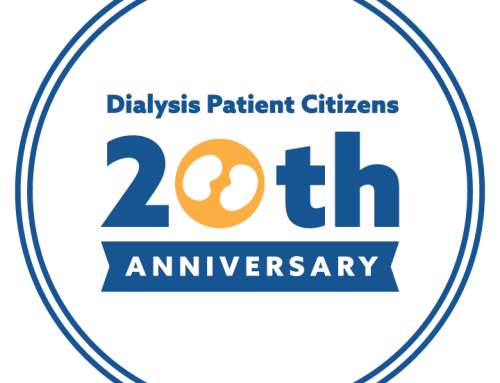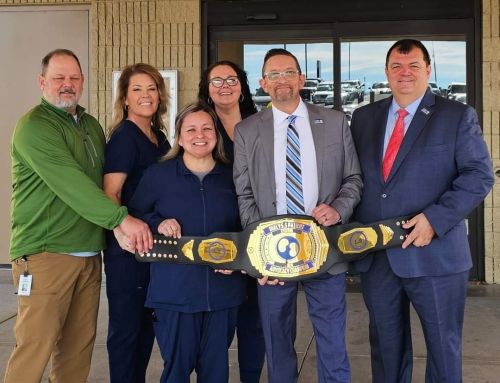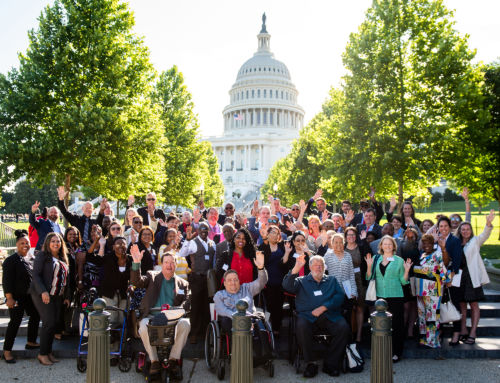On behalf of kidney patients nationally, Dialysis Patient Citizens (DPC) filed a legal complaint with the U.S. Department of Health and Human Services’ Office of Civil Rights citing discriminatory behavior by Blue Cross Idaho (BCI) against individuals with kidney failure, a disease which disproportionately impacts minorities. The complaint involves a new BCI policy guideline, targeting policyholders with kidney failure who need three times weekly dialysis to live. Under the policy, BCI screens policyholders with kidney failure to determine how their premiums are paid and dumps individuals who receive financial assistance from the non-profit, federally approved charity, American Kidney Fund (AKF).
The non-profit DPC, the nation’s largest organization representing individuals with kidney failure, is dedicated to improving quality of life by developing awareness of kidney care issues, advocating for dialysis patients, and promoting supportive public policy.
“The Affordable Care Act (ACA) was intended to protect Americans from the type of blatant discrimination we are seeing from insurers,” said DPC’s Chief Executive Officer Hrant Jamgochian. “When a person’s kidneys fail, he or she is faced with a host of physical, emotional, and financial challenges – beyond anything the rest of us can imagine. Rather than helping these patients in their hour of greatest need, BCI wants to abandon them.”
The complaint involves a new BCI policy guideline, targeting policyholders with kidney failure who need three times weekly dialysis to live. Under the policy, BCI screens policyholders with kidney failure to determine how their premiums are paid and dumps individuals who receive financial assistance from the non-profit, federally approved charity, American Kidney Fund (AKF). Along with patient education and screenings, AKF provides financial support to low-income patients with kidney failure who need assistance paying for their insurance premiums.
Twenty-two percent of DPC’s 28,000 members rely on charitable support from AKF to pay premiums for their private insurance coverage. AKF’s Health Insurance Premium Program is regarded as a last resort for dialysis patients who on their own cannot afford the premiums for their private insurance coverage. The typical patient needing AKF support makes less than $20,000 per year, yet faces out-of-pocket costs of $7,000.
Without financial assistance, many of these individuals would be forced onto government programs, which do not offer the same benefits and often can have co-payments that are much higher than private plans. Under the Medicare ESRD benefit, for example, patients generally experience higher out-of-pocket medical costs than under commercial plans.
BCI alerted Jessica Torrey from Twin Falls, Idaho, before the 2015 Christmas holiday that AKF’s HIPP support payments would not be accepted. Having been forced to quit her job due to the debilitating nature of kidney failure, Jessica now relies solely on Social Security disability benefits to live. In disbelief, she took her premium assistance payment to the BCI office, but the payment was rejected, jeopardizing her insurance coverage.
DPC cites this example as one where BCI’s payment policy and related actions contravene federal guidance and discriminates against Jessica based on her disability. The complaint also references a Mexican-American patient, Miguel Rincon, who represents the disparate impact the BCI policy has on minorities, who experience a higher incidence of kidney failure than white Americans.
Specifically, the filing states that BCI’s policies on charitable support and related actions violate guidelines issued by the Centers for Medicare & Medicaid Services (CMS), federal anti-discrimination laws under the Affordable Care Act (ACA), the Rehabilitation Act of 1973, and title VI of the Civil Rights Act of 1964. Further, the discriminatory actions of BCI undercut Congress’ intent to allow patients with kidney failure to remain on their private insurance plan for 30 months before the plans switch from primary to secondary coverage, thereby forcing them onto Medicare prematurely.
The HHS Office of Inspector General (OIG) assessed whether donations by dialysis providers to the HIPP for Medicare Part B or Medigap premiums for financially needy Medicare beneficiaries with ESRD represents an approved program under the civil monetary penalties law in Section 231(h) of the Health Insurance and Portability and Accountability Act of 1996 (“HIPAA”) in Advisory Opinion 97-1. The OIG issued a favorable opinion and approved the HIPP because the contributions given by dialysis providers are not made to or on behalf of beneficiaries, and the premium payments do not influence patients to receive services from particular providers.
“A self-serving interpretation of federal law and distortion of Congressional intent by BCI has no place in today’s healthcare marketplace, or society for that matter,” said Jamgochian. “We are left with no other recourse but to submit this formal complaint to the Office of Civil Rights in order to advocate for the rights of individuals with disabilities to retain their private insurance coverage.”
More than 430,000 Americans require dialysis treatments to live; approximately 87,000 rely on charitable assistance from AKF to maintain private insurance. Says Jamgochian, “DPC is fighting to ensure that no individual with kidney failure is denied the choices available to all other Americans.”







